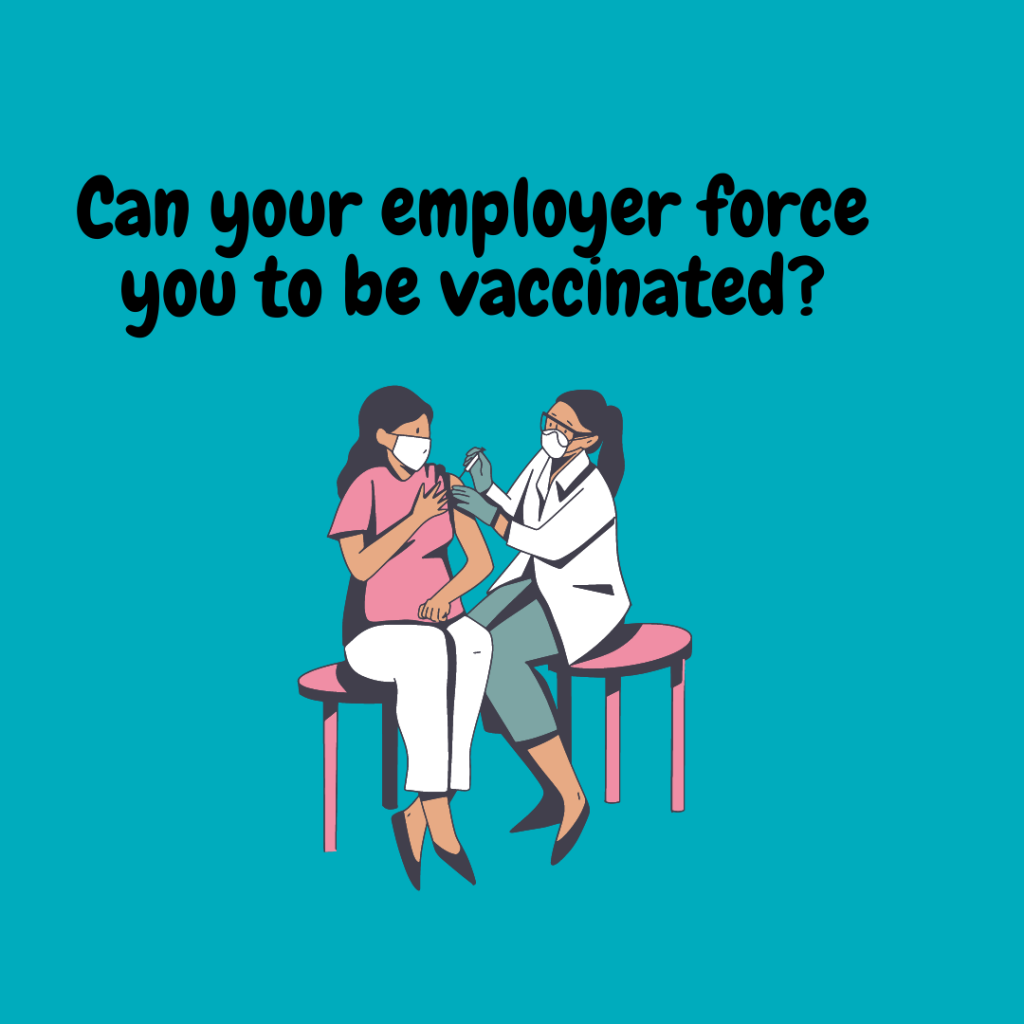 Do you earn too much to be protected from unfair dismissal?
Do you earn too much to be protected from unfair dismissal?
So you’ve been dismissed from your employment and think it is harsh, unjust or unreasonable – where to from here?
The first thing to consider what legal claims are available to you and whether you have the jurisdiction to bring your claim.
Under s382 of the Fair Work Act 2009 (Cth) (the Act), a person will be protected from unfair dismissal if:
- They have completed the minimum period of employment; or
- A modern award or enterprise agreement applies to their employment; or
- They earn below the high income threshold.
The Fair Work Commission has just announced that the high income threshold will be increasing from 1 July 2019 so we thought it was the perfect time to write up a quick fresher on what the threshold is, and how it is applied.
Annual Rate of Earnings
The Act states an employee will be protected if:
the sum of the person’s annual rate of earnings, and such other amounts (if any) worked out in relation to the person in accordance with the regulations, is less than the high income threshold.
The high income threshold is currently $148,700 – and we have just received word it will increase from 1 July 2020 to $153,600. This changes every year so keep an eye out on updates from the Fair Work Commission (FWC).
Earnings will include wages
- Wages;
- Other amounts (if any) worked out in accordance with the Regulations;
- Amounts dealt with on the employee’s behalf or as the employee directs; and
- The agreed money value of non-monetary benefits.
Typically, this will be an employee’s base salary.
The FWC has the discretion to include a benefit that is not a payment of money and that is not a non-monetary benefit. They can do so where they are satisfied that it is appropriate to take into account, and it can attribute a ‘real or notional’ value to the benefit, in default of any agreement between the parties.
Earnings do not include:
- Payments, the amount of which cannot be determined in advance such as commissions, incentive-based payments and bonuses or overtime;
- Reimbursements; and
- Compulsory contributions to a superannuation fund.
Commissions/Bonus
One of the most common questions we get is – can my bonus or commission be included in my income for the purposes of the high income threshold?
In general – no, it won’t be included. In Jenny Craig Weight Loss Centres Pty Ltd v I Margolina [2011] FWAFB 9137, the leading authority on this topic, the Full Bench stated:
It seems clear enough that the legislature intended to exclude the bonus payments which are contingent, either because they depend on performance in some way or because management reserves the right to modify or discontinue them.
If your bonus or commission is contingent on performance, or otherwise at the discretion of your employer and not guaranteed to you, it will not be included in your earnings.
Car Allowance
Another common question is whether any car allowance is included in earnings.
Where an employer provides an employee with a fully maintained vehicle, the value of the private use of the vehicle can be included in the annual rate of earnings. Use for business purposes is excluded and only the percentage of the private usage of the car can be counted as remuneration or earnings.
Where there is no agreed monetary value of the benefit of the private use of a motor vehicle, the Fair Work Commission will apply a formula to determine private use, and add that to remuneration. The formula, developed through decisions of the FWC, is:
- Determine the annual distance travelled by the vehicle;
- Determine the percentage of the distance that was for private use;
- Multiply the two figures to obtain the annual distance travelled for private purposes;
- Estimate the cost per kilometre for a vehicle of that type; and
- Multiply the annual distance travelled for private purpose (point 3) by the estimated cost per kilometre.
Once determined the Commission will only include the private benefit you derive from the car allowance into your annual earnings.
Summary
If you have been dismissed and you believe you earn over the high income threshold, we recommend you do the following:
- Take a look at your payslip – what is your base salary (excluding superannuation)?
- Do you earn a commission or bonus, or do you have a car or car allowance?
- Are you protected by a modern award or enterprise agreement?
If you are having trouble answering those questions, you can book in for a telephone consult to speak to one of our solicitors to troubleshoot and walk through the process.




